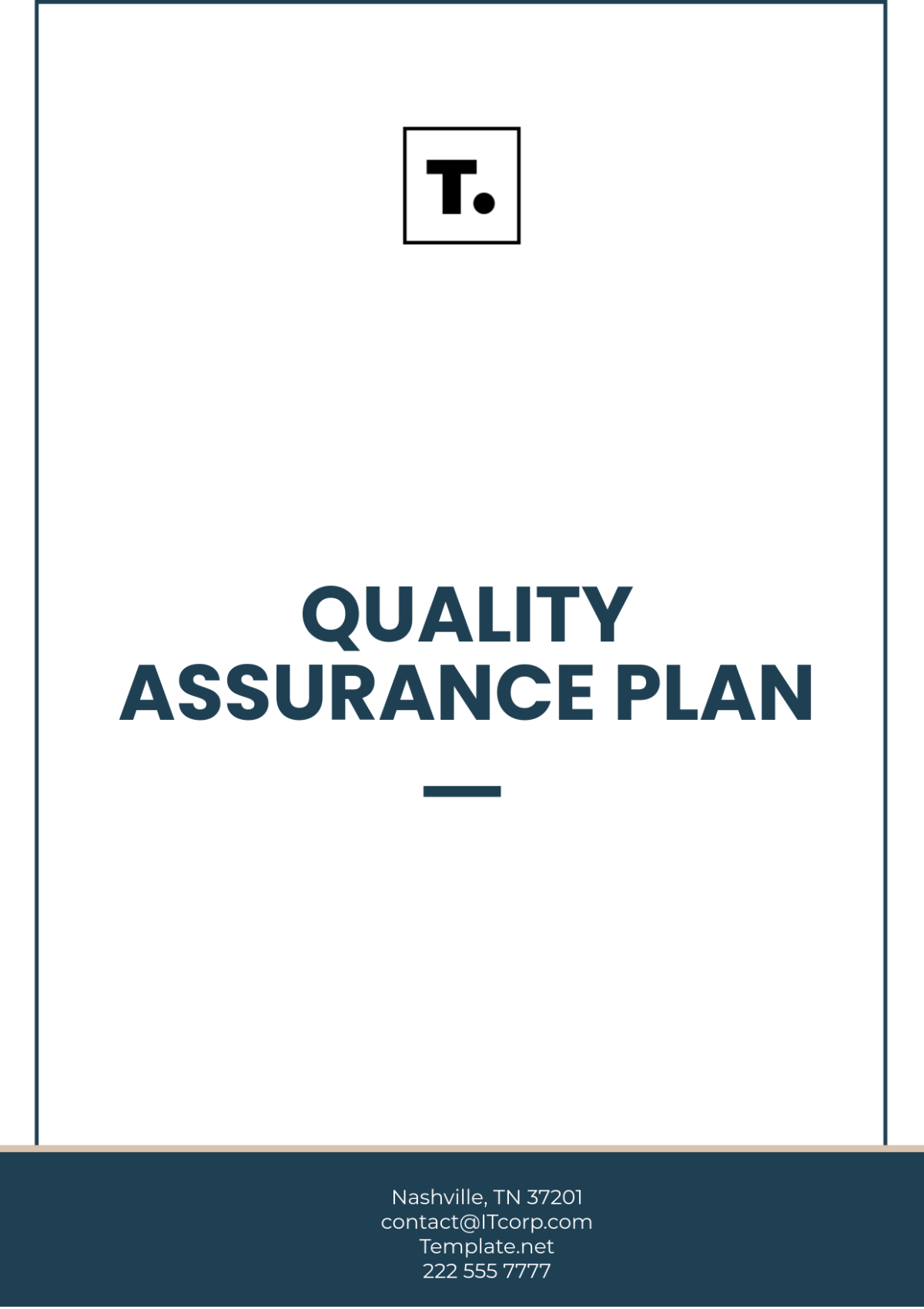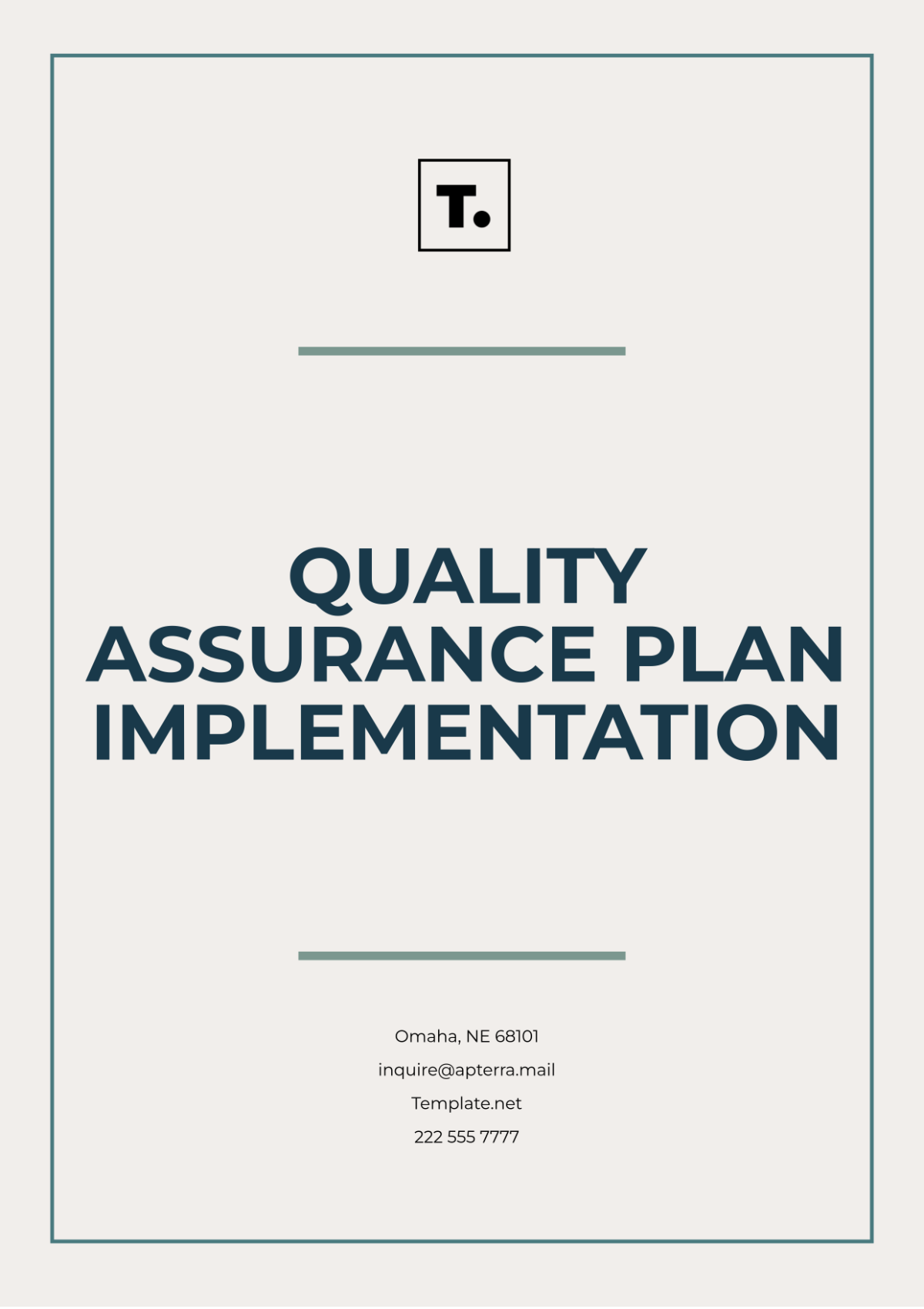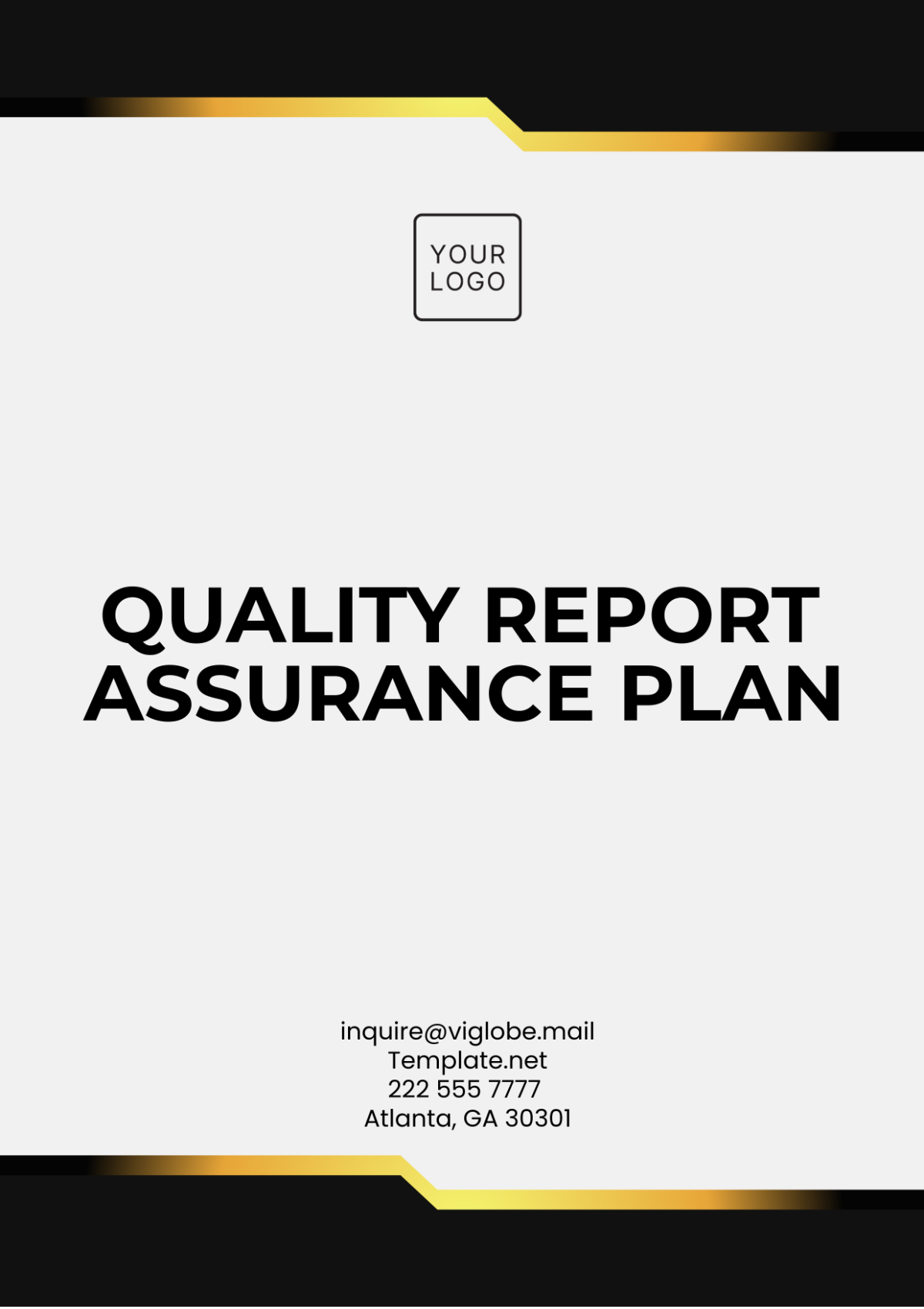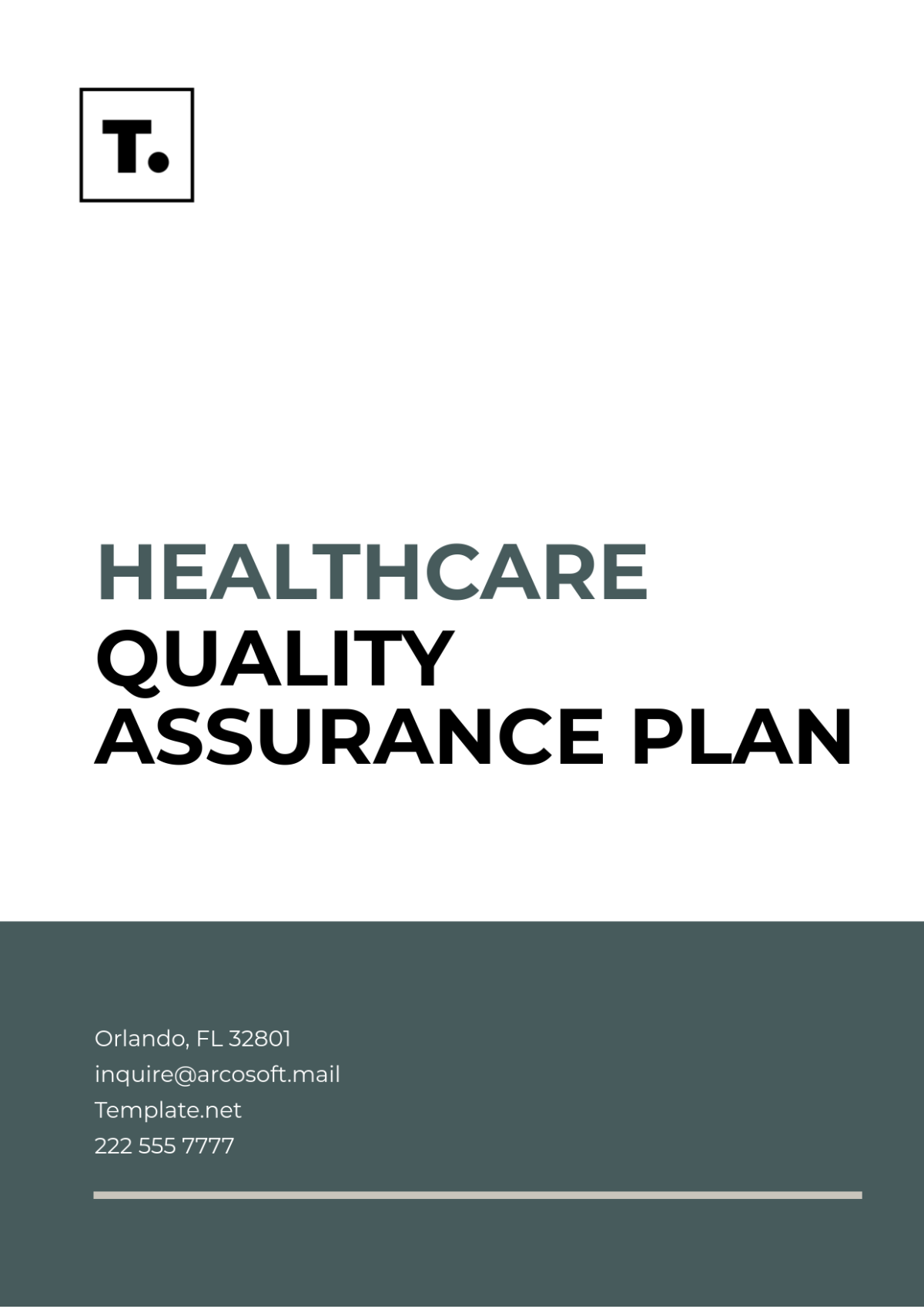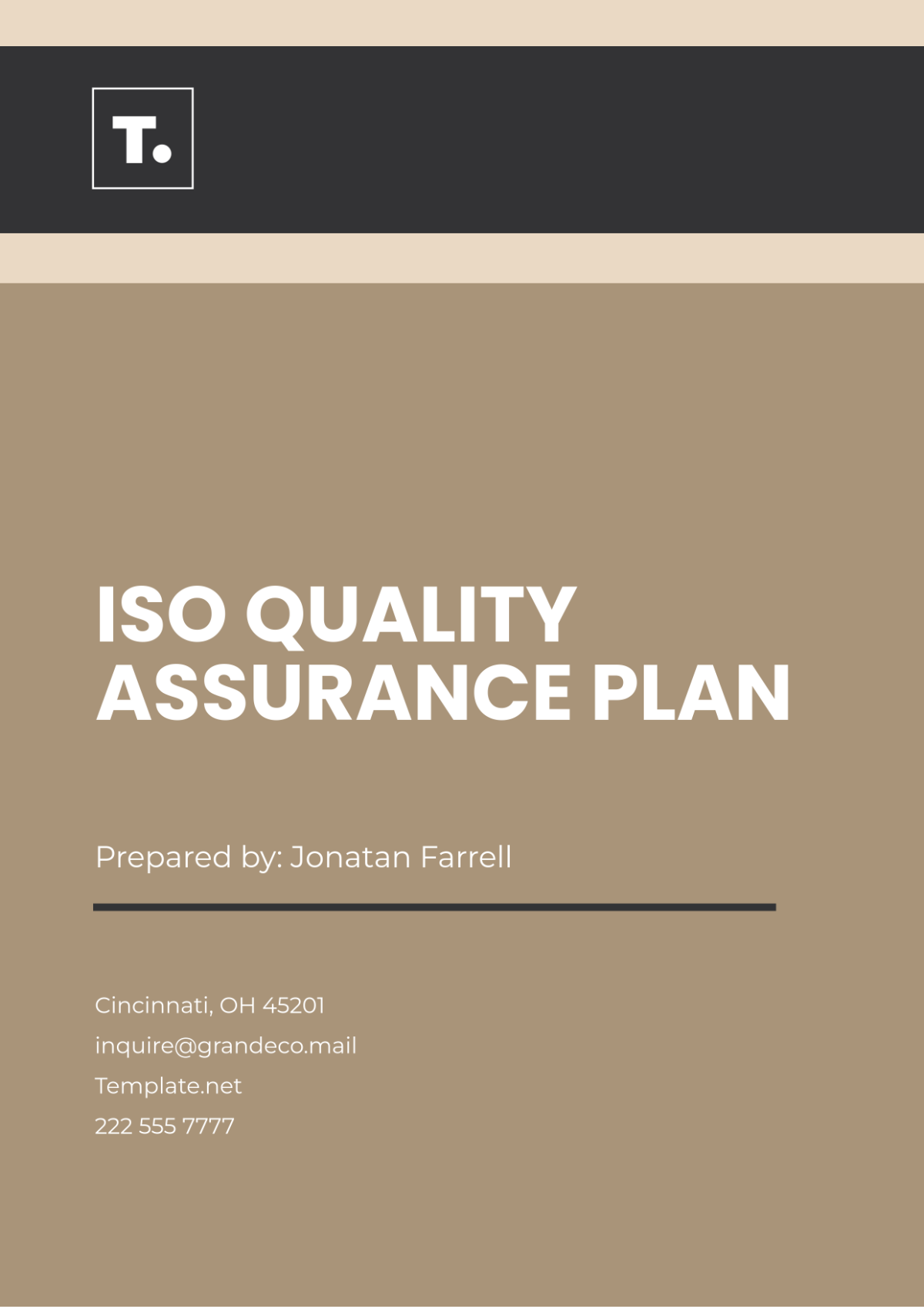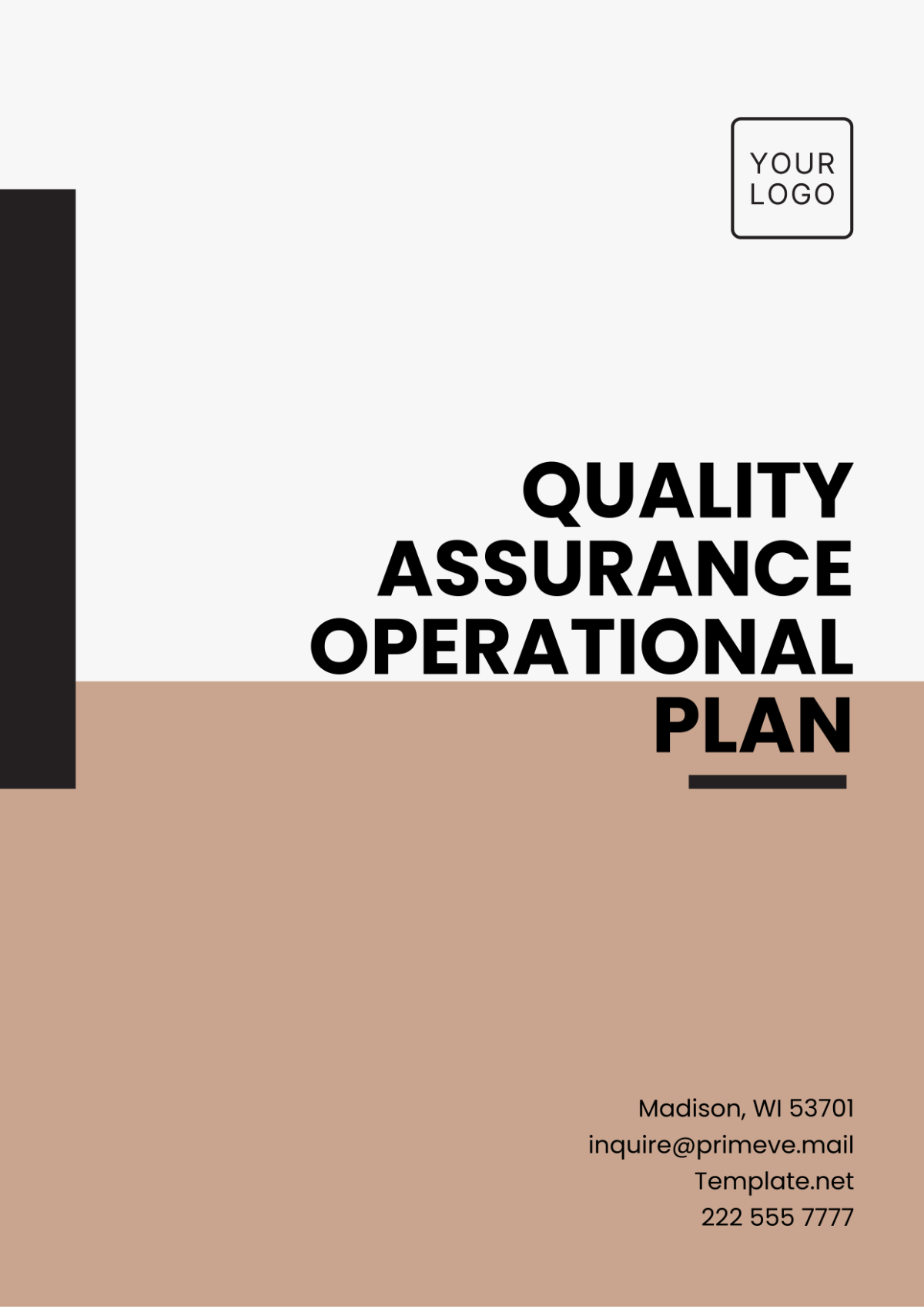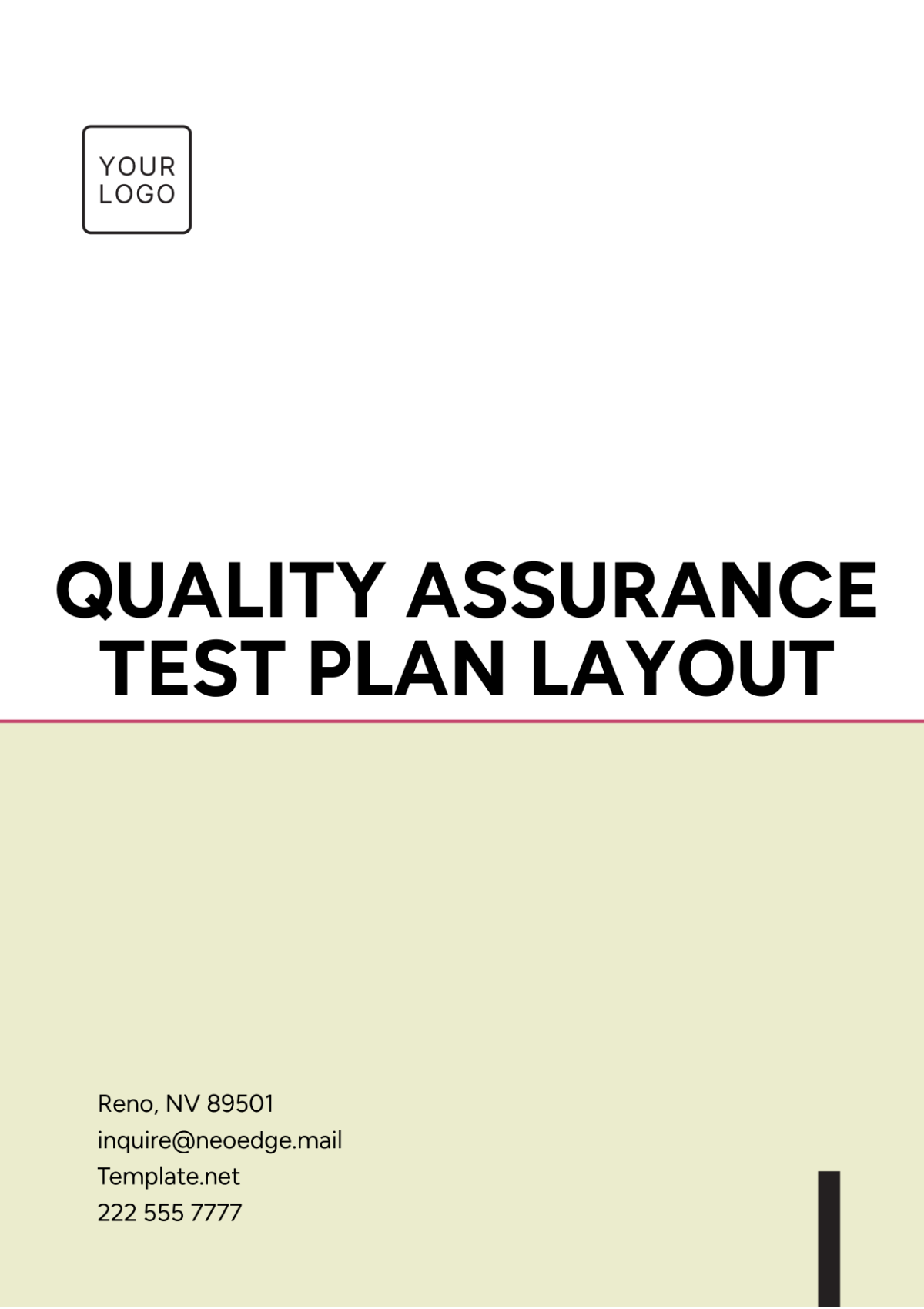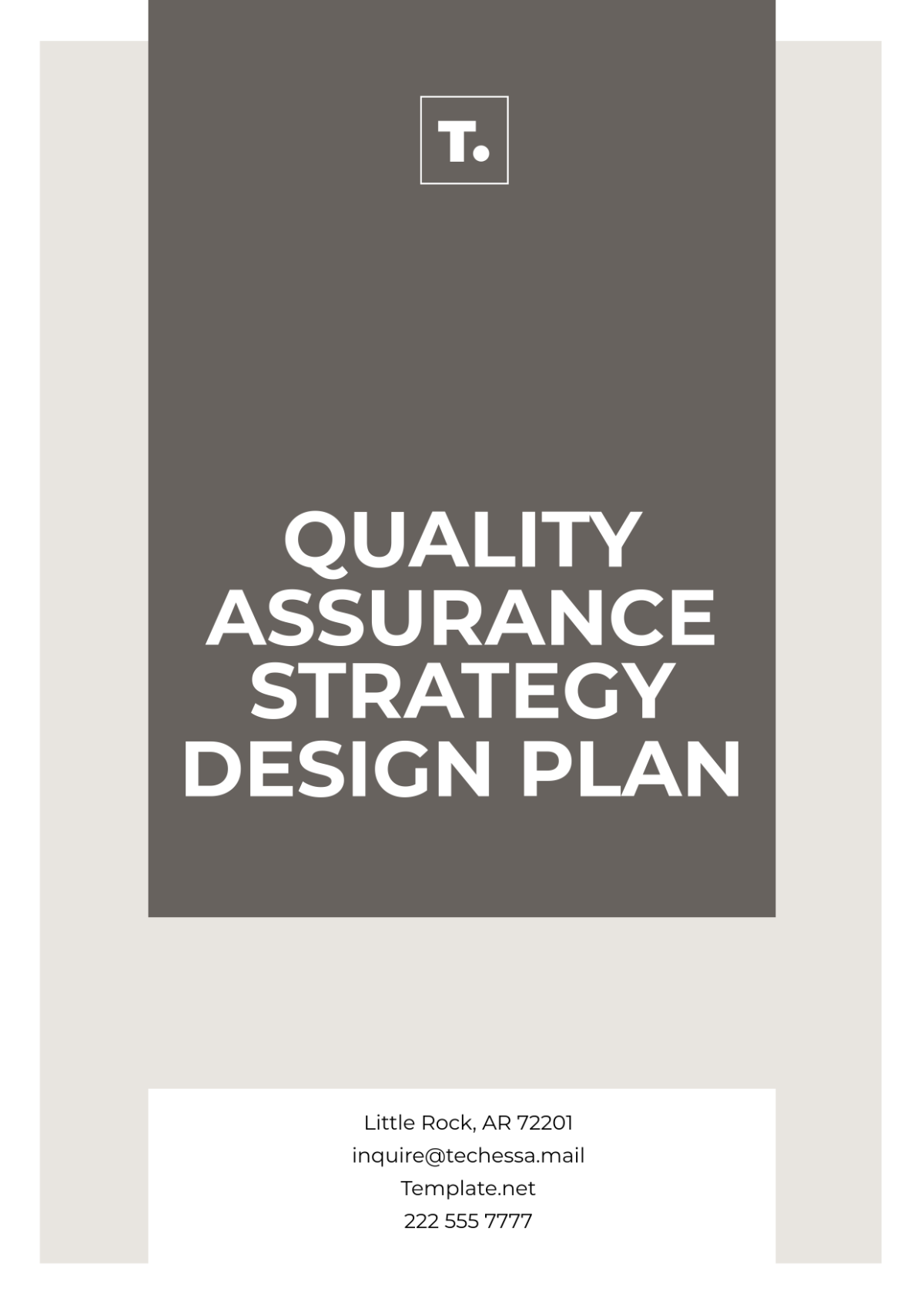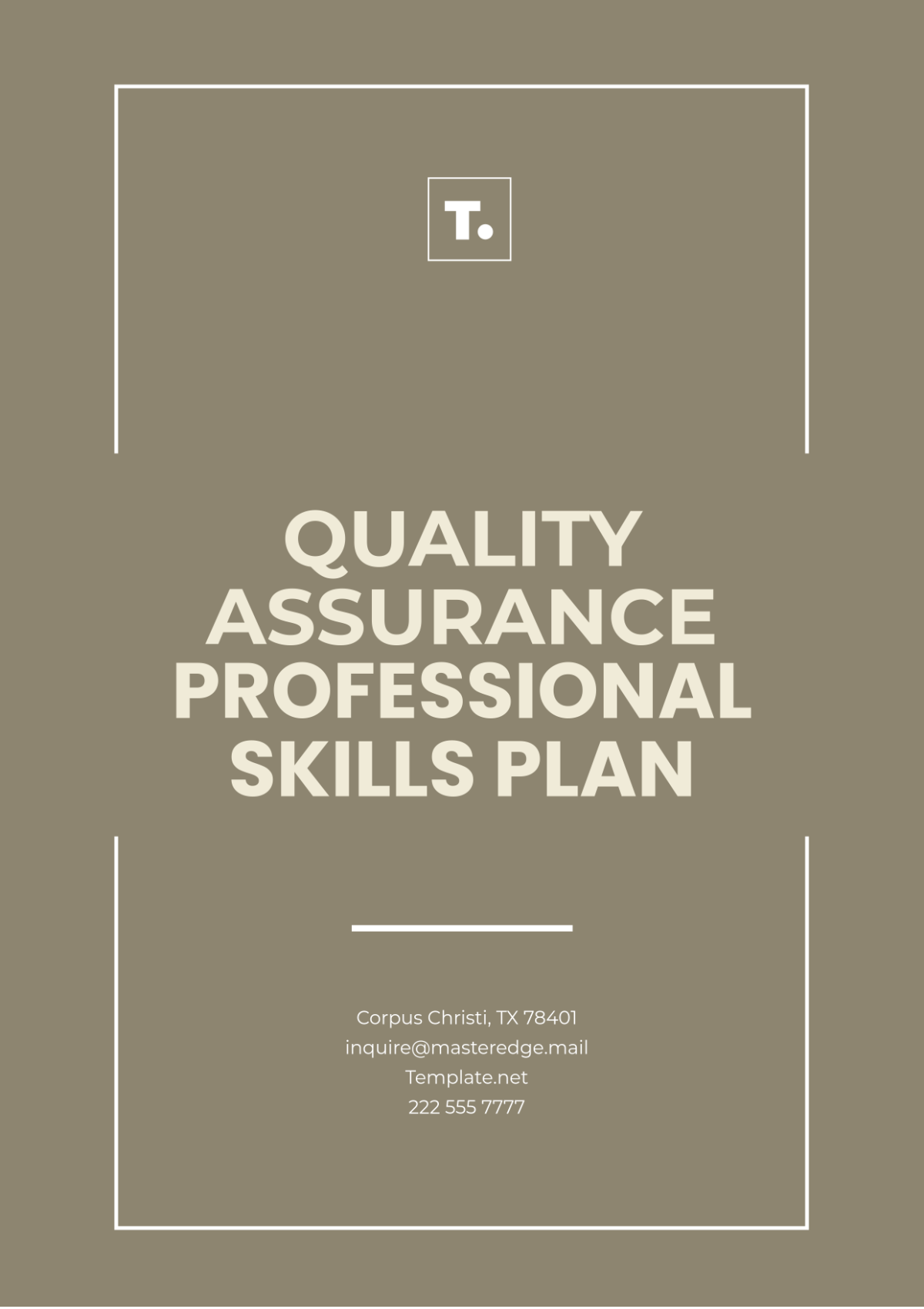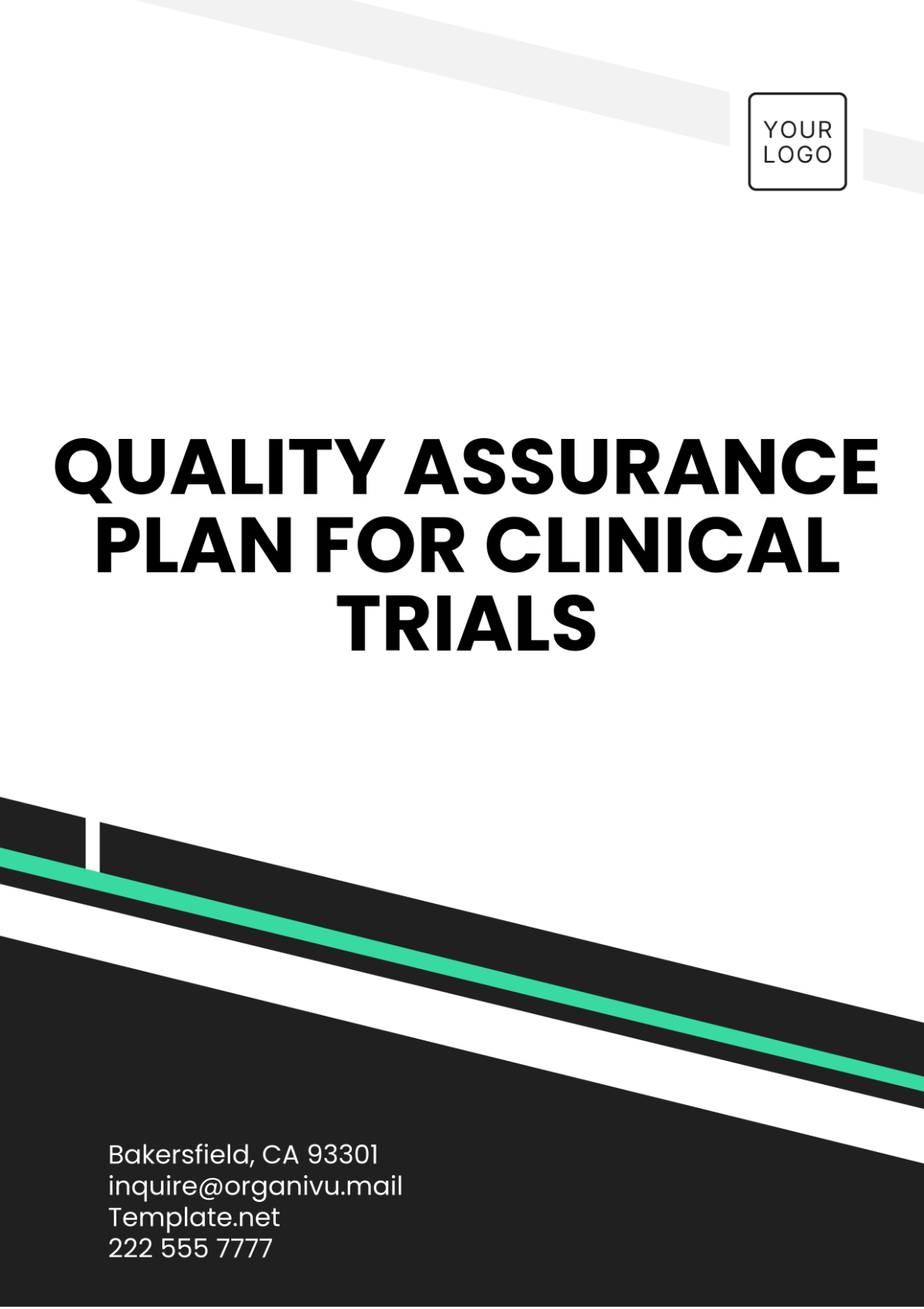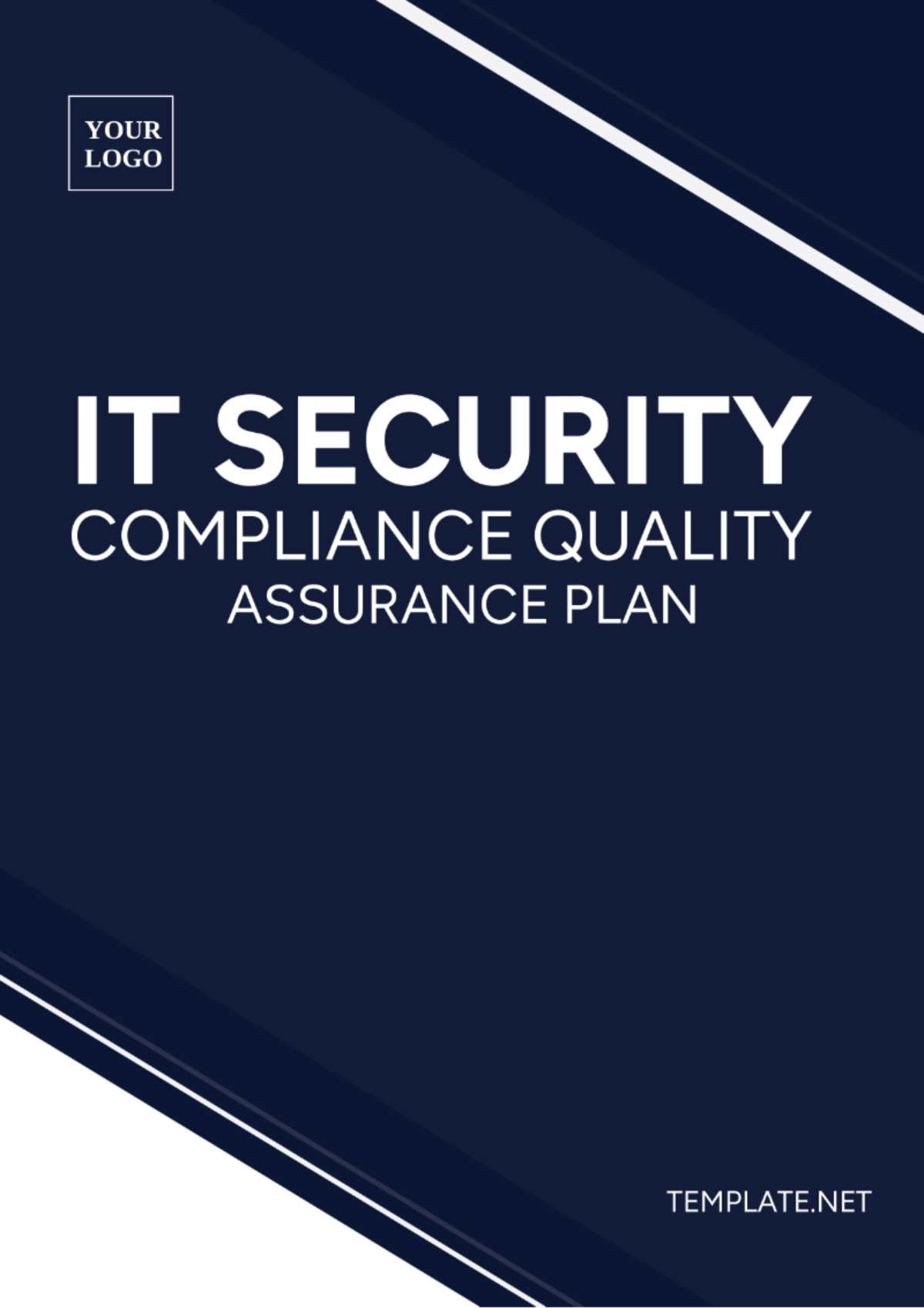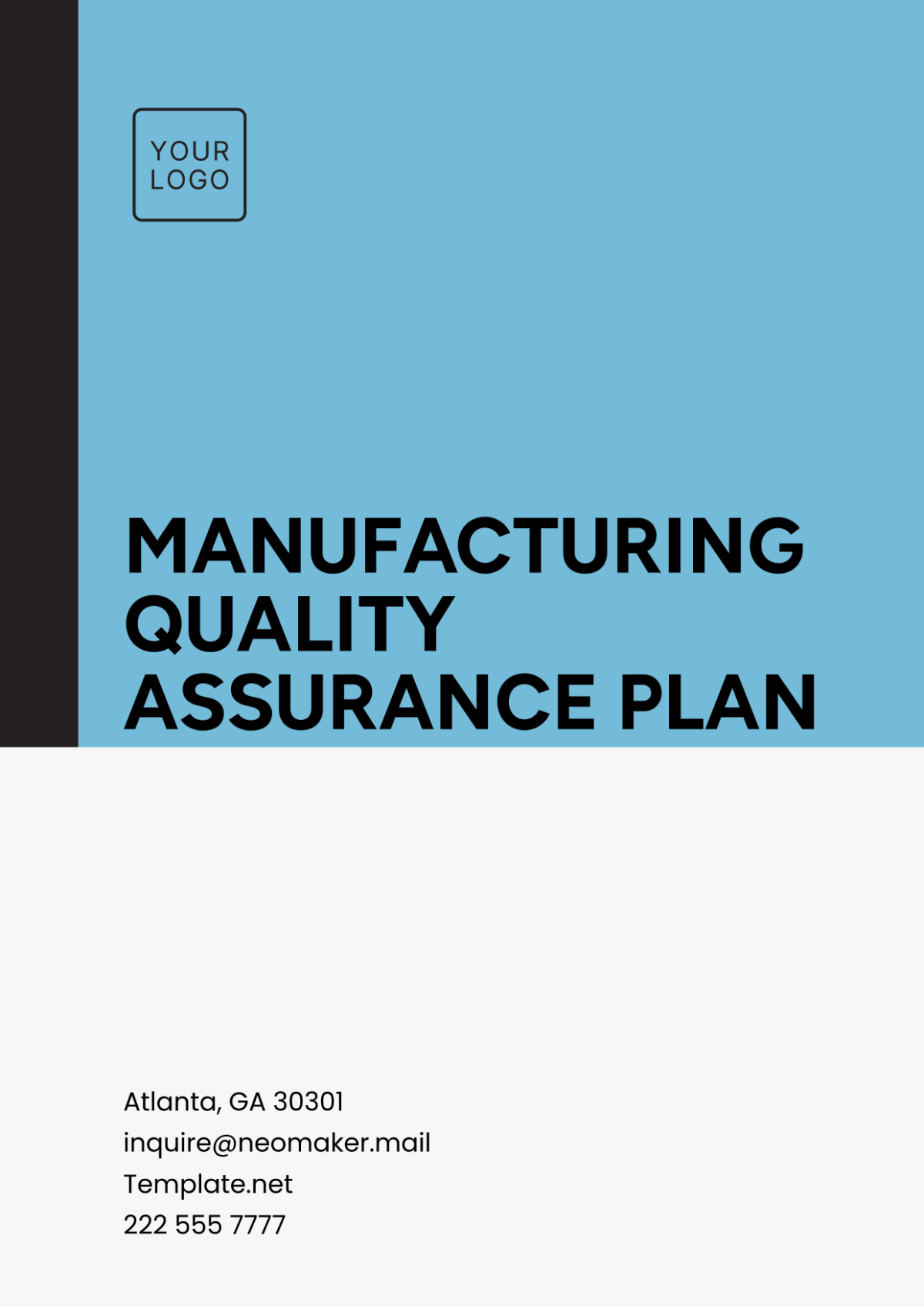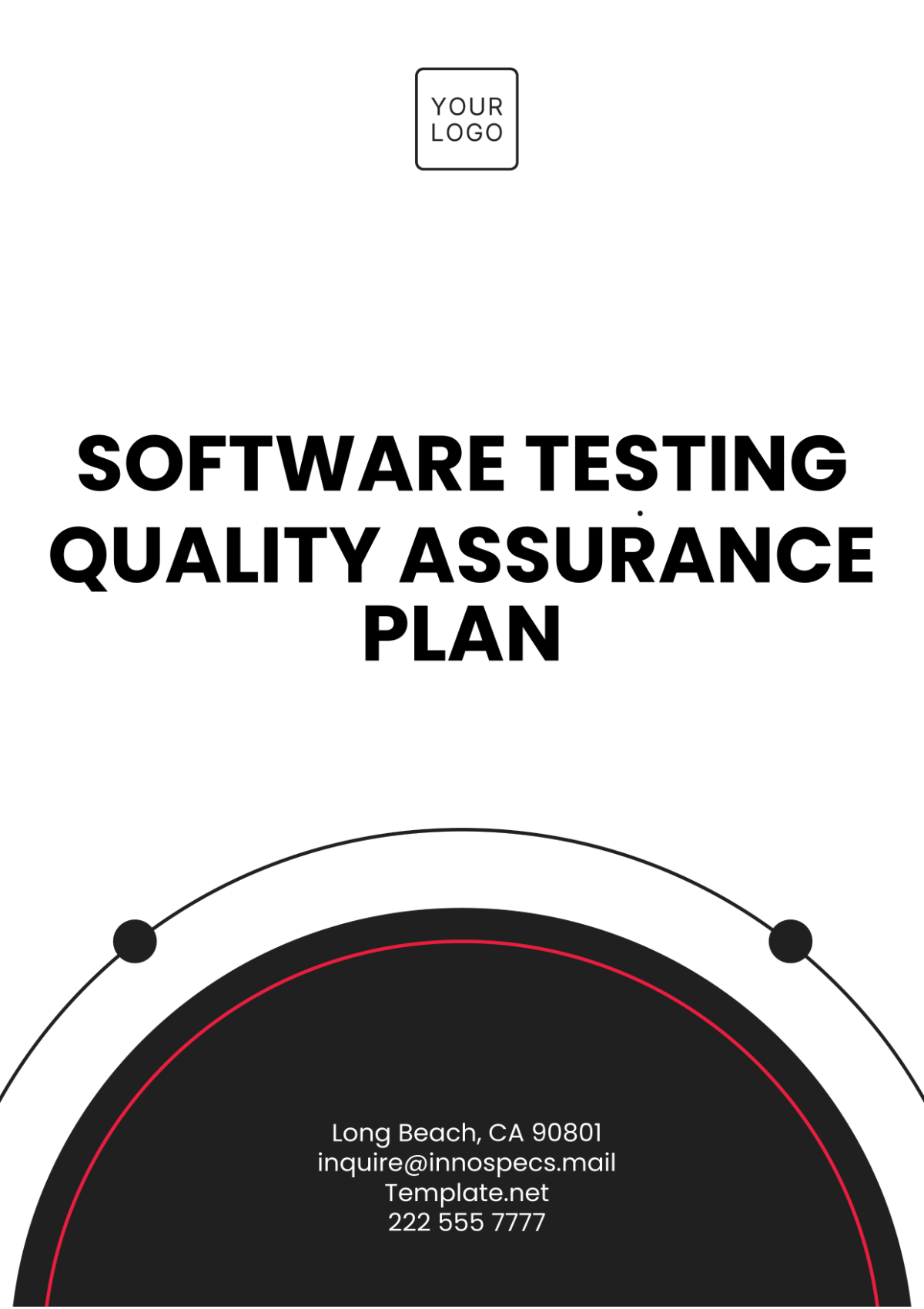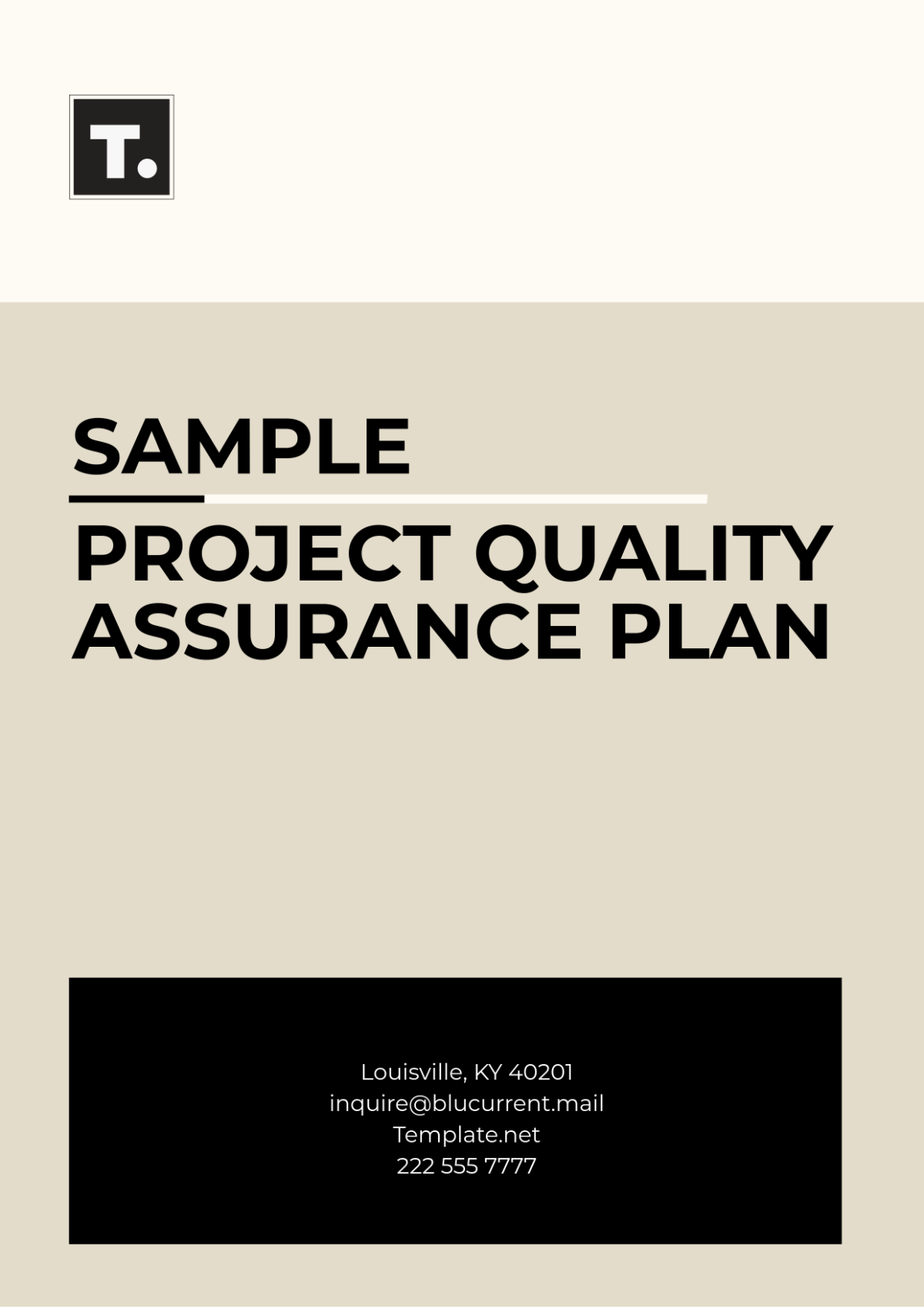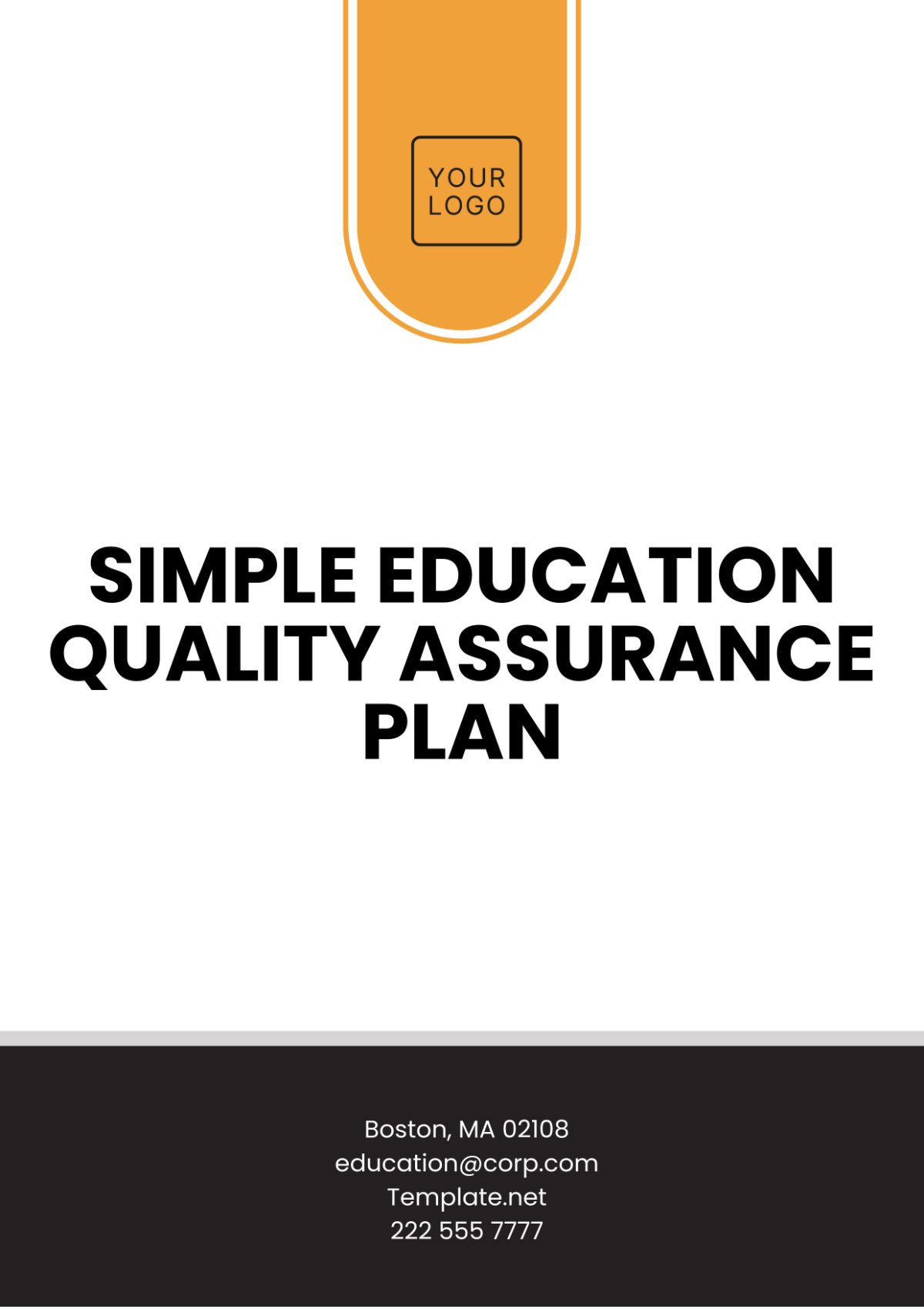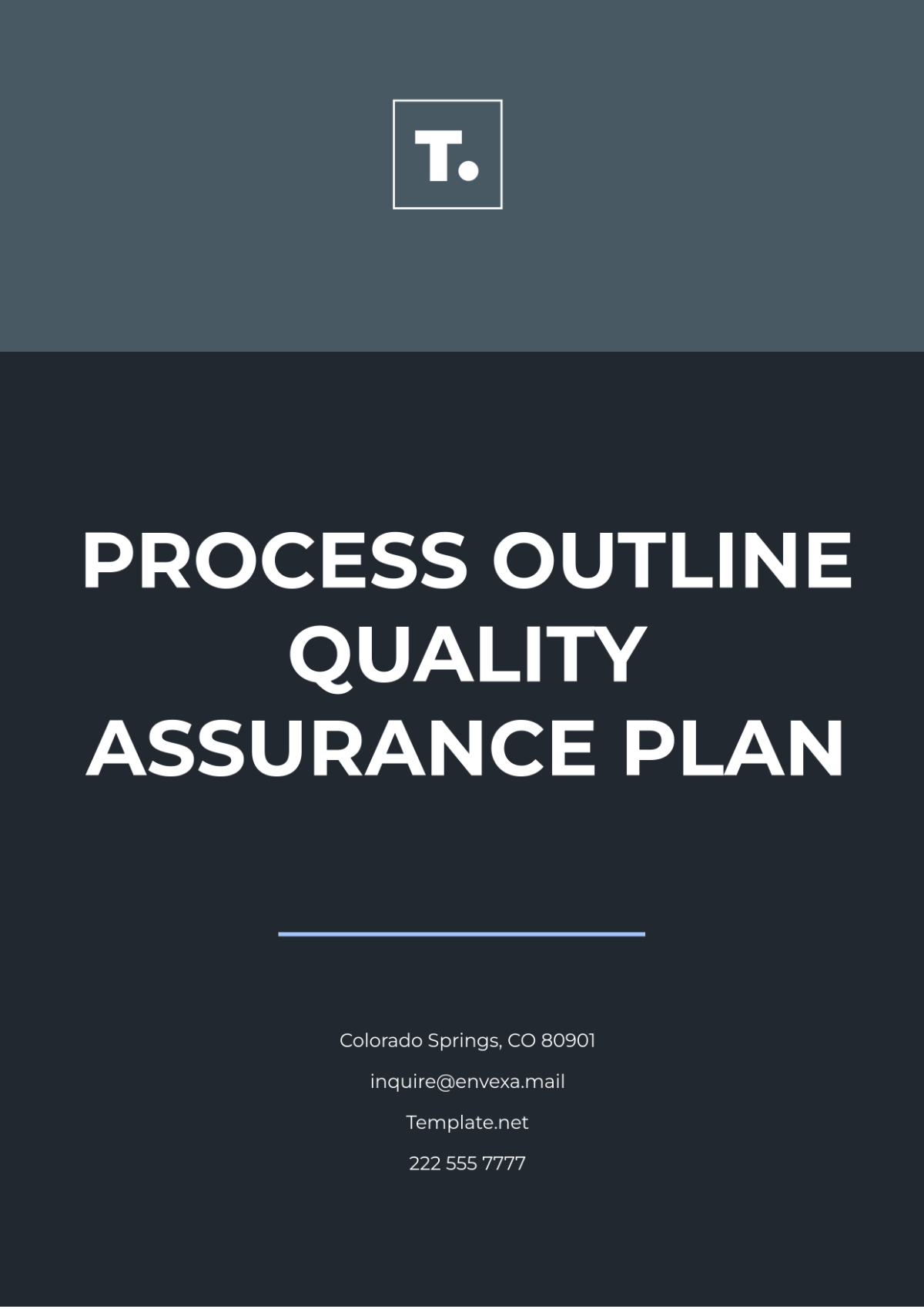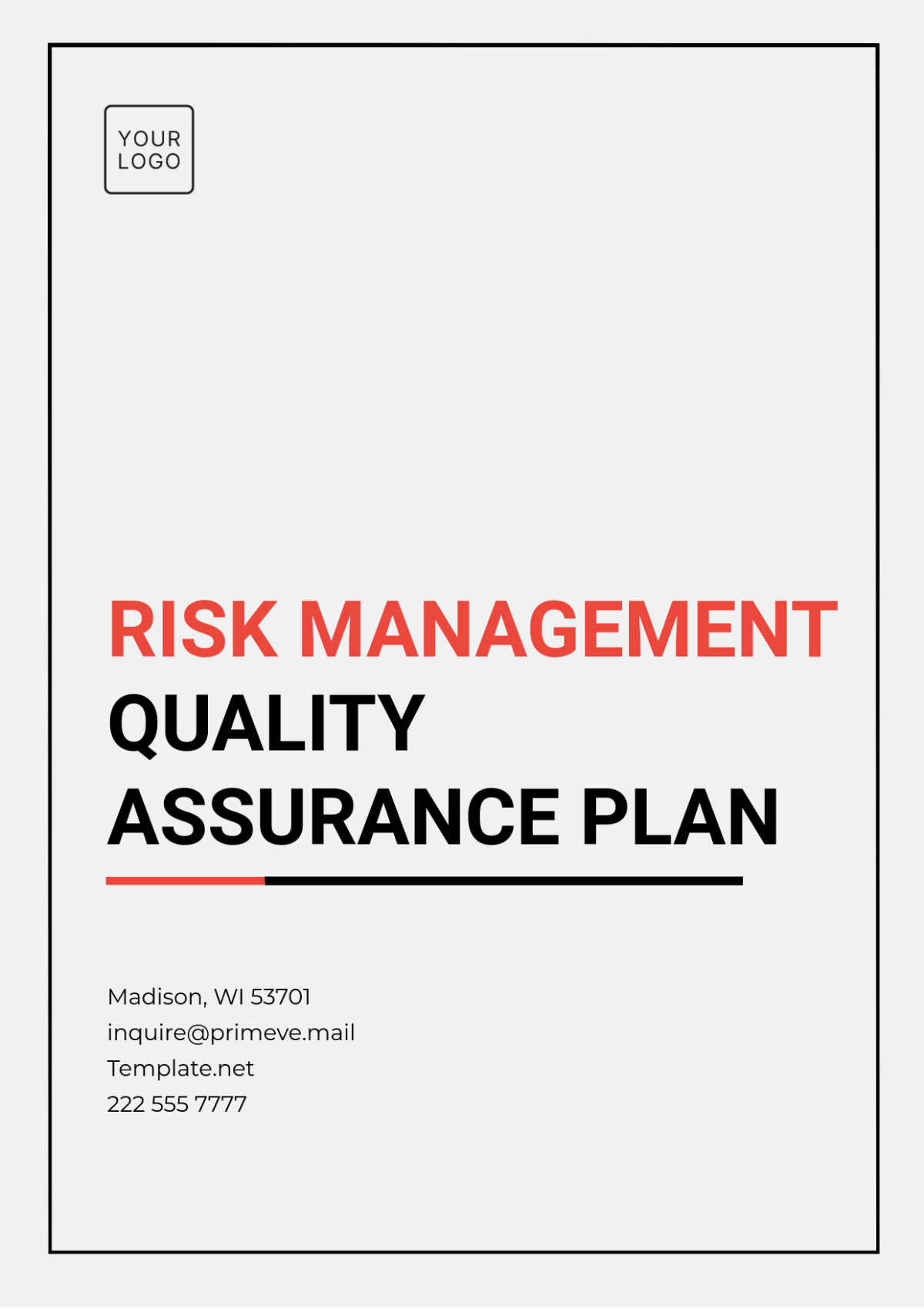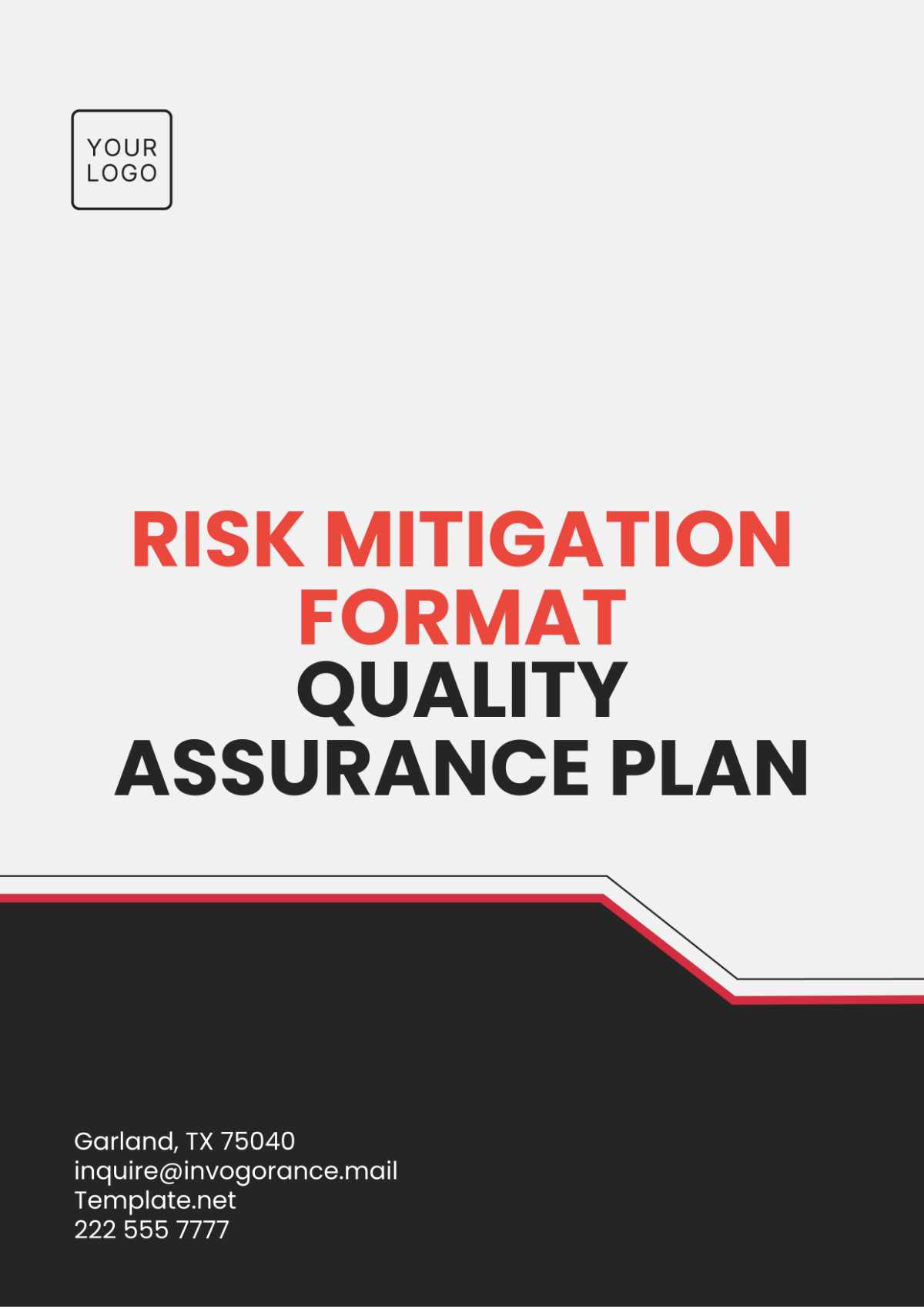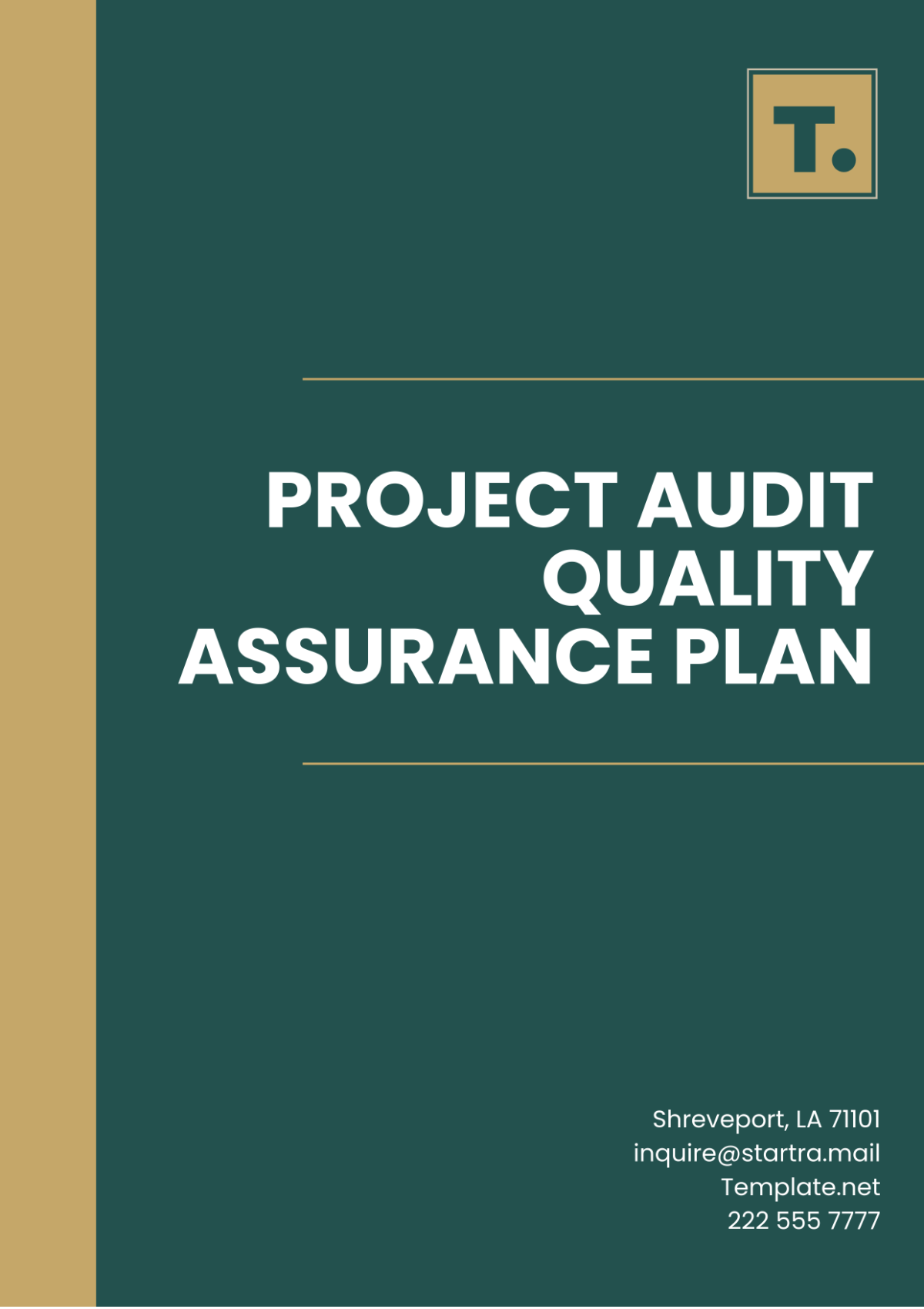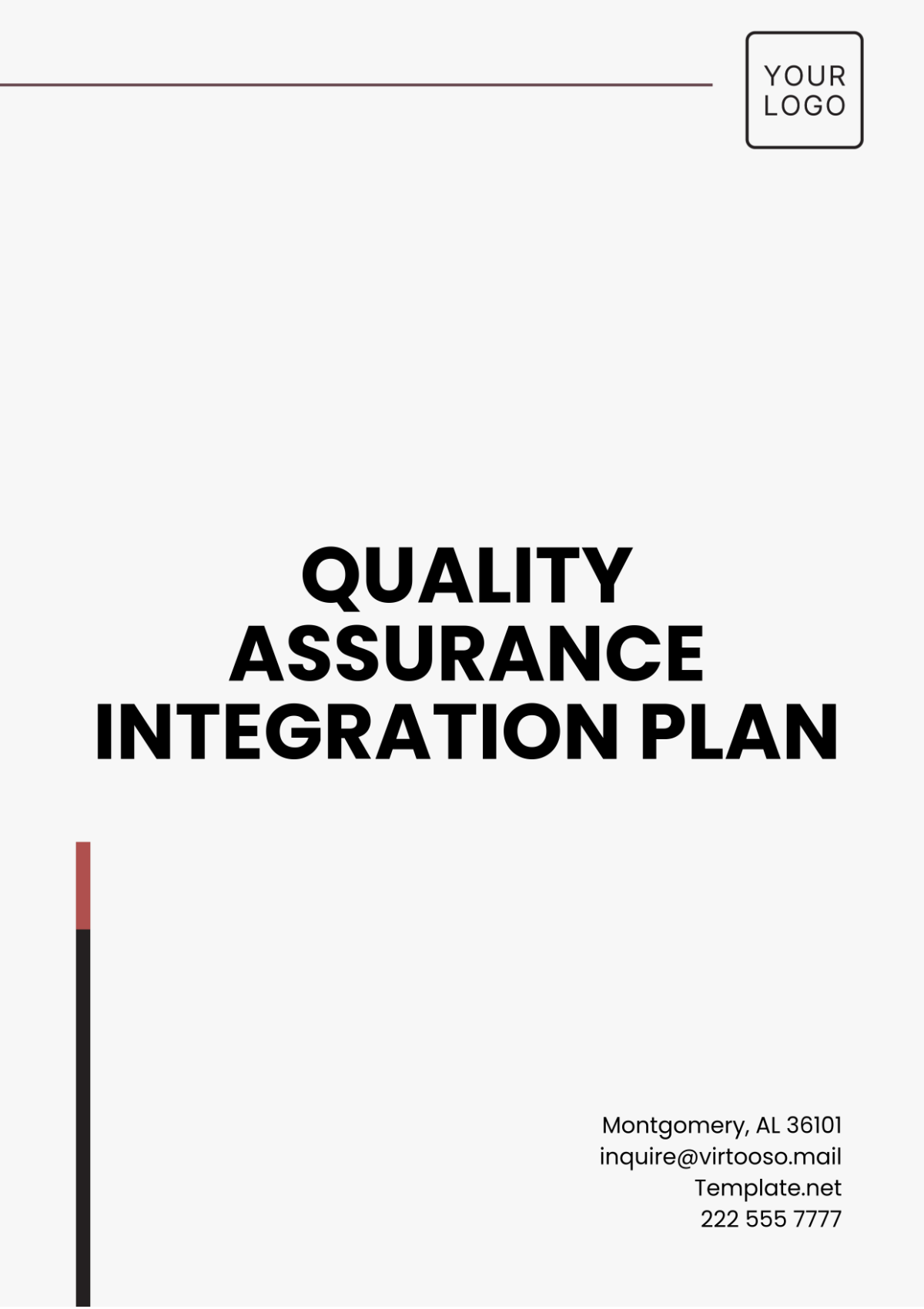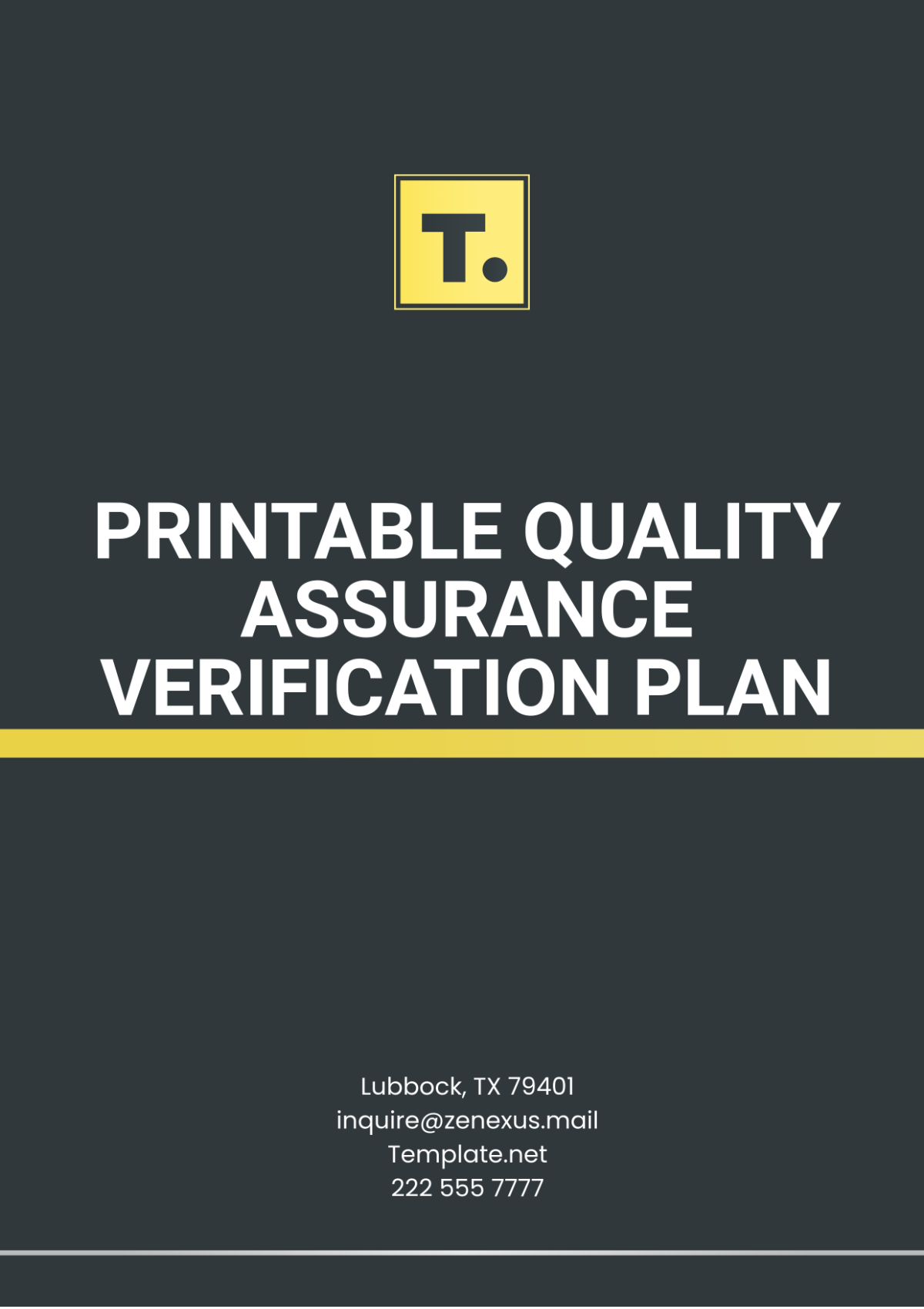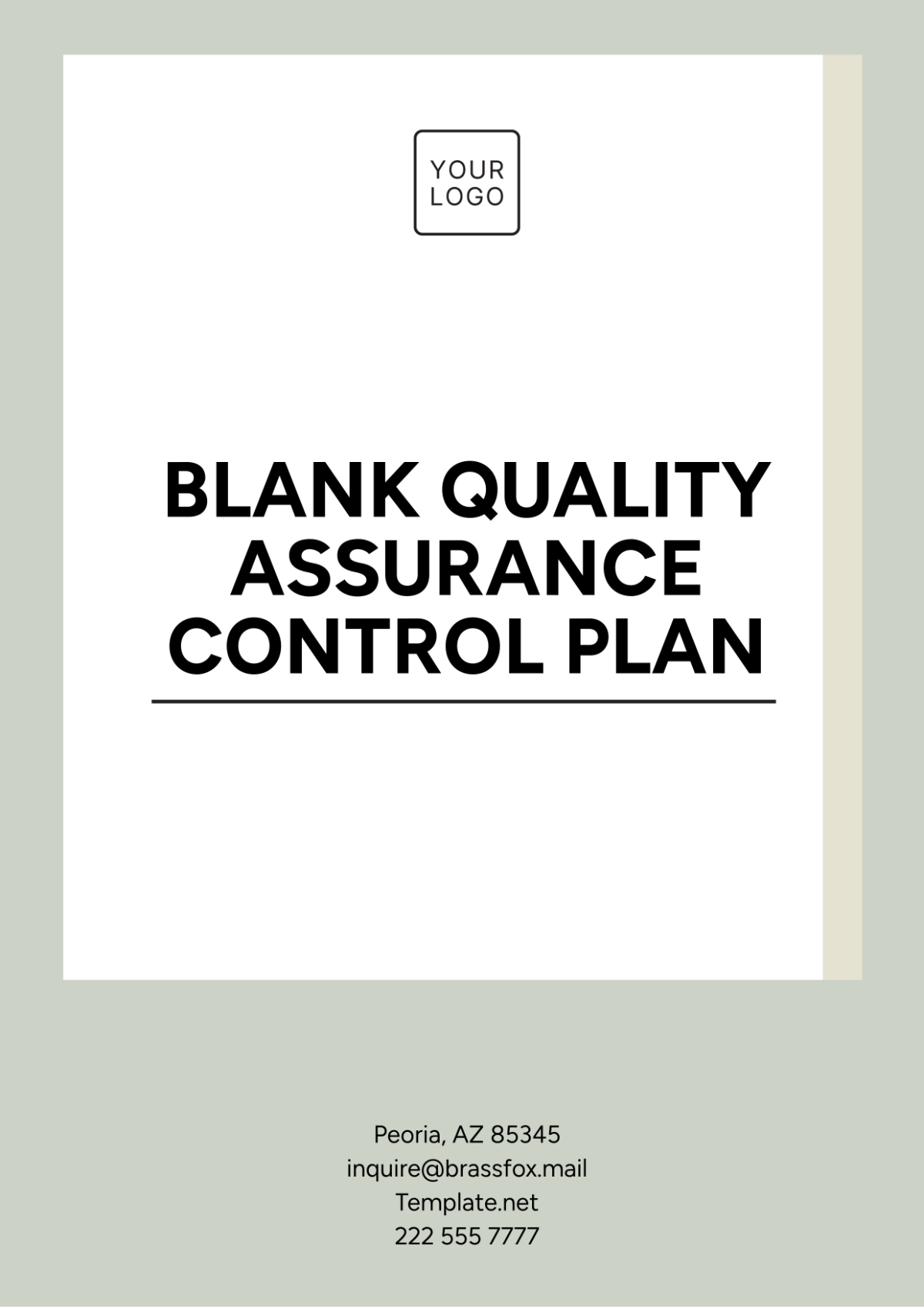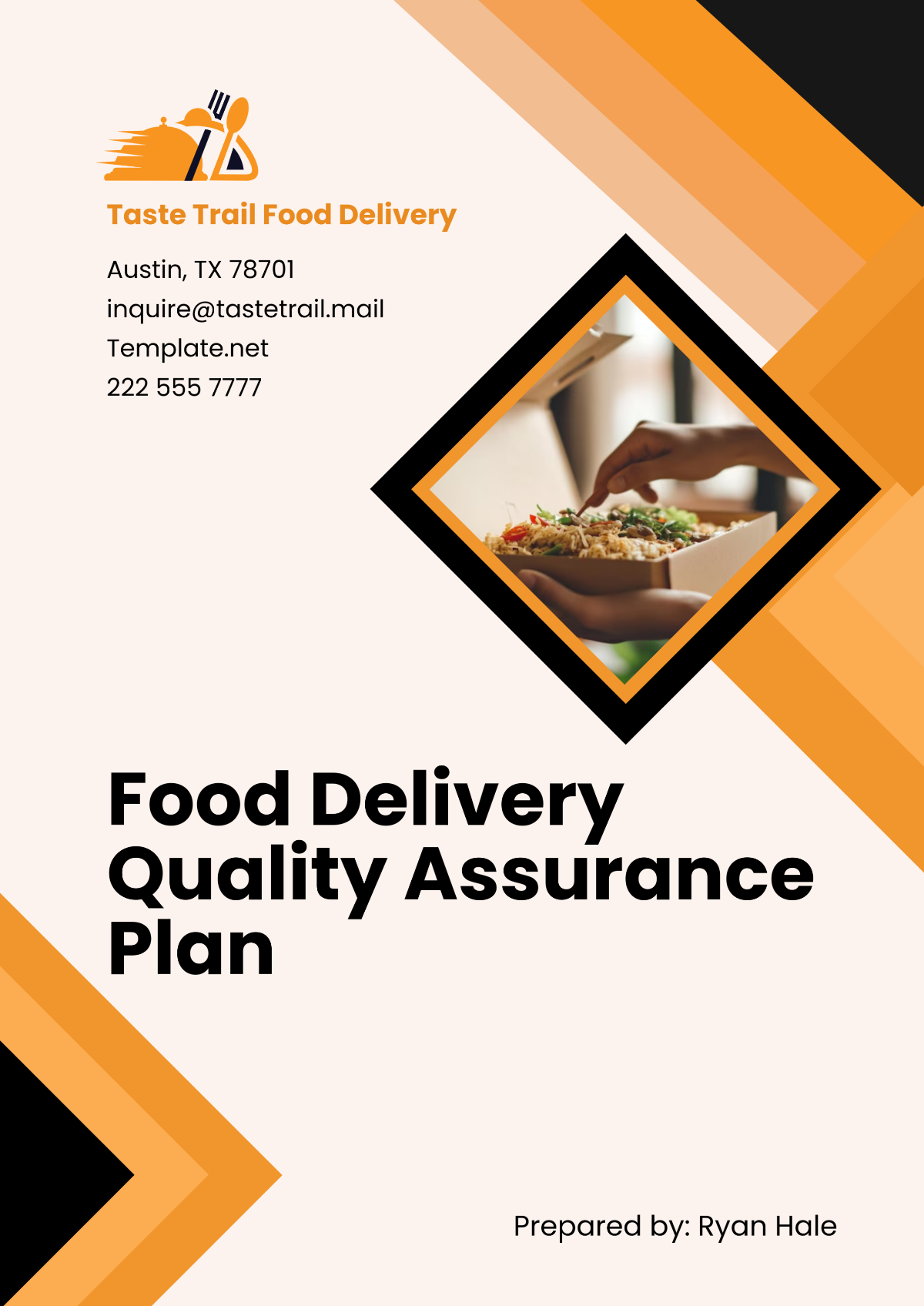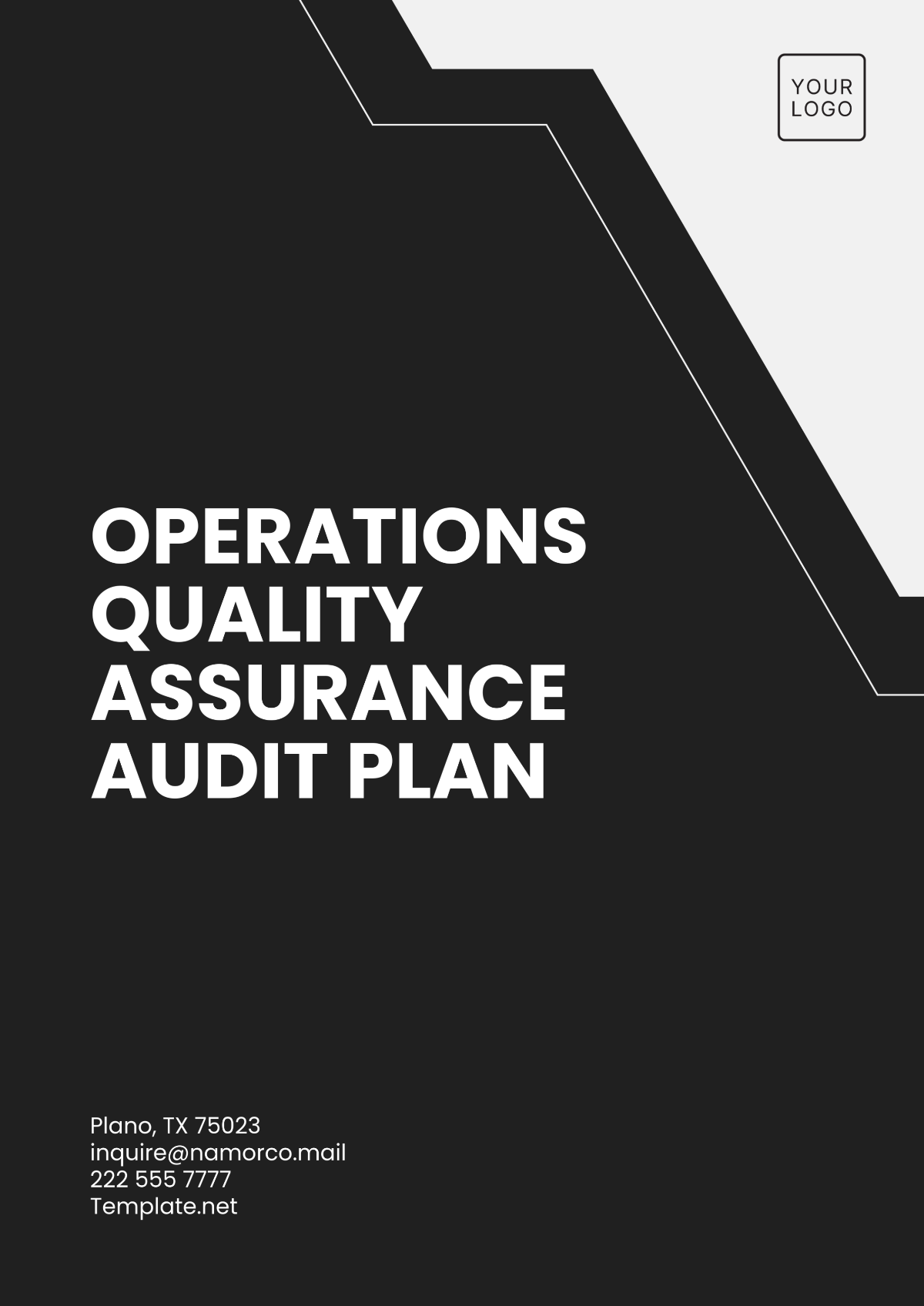Quality Assurance Operational Plan
Prepared by: [YOUR NAME]
Company Name: [YOUR COMPANY NAME]
Date: October 28, 2053
1. Introduction
This Quality Assurance Operational Plan outlines the strategies, processes, and responsibilities for ensuring that [YOUR COMPANY NAME]'s products and services consistently meet quality standards and customer expectations. The plan serves as a framework for all quality-related activities, guiding the organization toward continuous improvement and compliance with industry regulations.
2. Objectives
Ensure all products/services meet defined quality standards before delivery.
Identify and resolve quality issues proactively.
Enhance customer satisfaction through consistent quality.
Foster a culture of continuous improvement within the organization.
3. Scope
This plan applies to all departments and functions involved in the development, production, and delivery of products and services, including but not limited to:
Research and Development
Production/Operations
Quality Control
Customer Service
Compliance and Regulatory Affairs
4. Roles and Responsibilities
Role | Responsibilities |
|---|---|
Quality Assurance Manager | Oversee the implementation of the QA plan, conduct audits, and report on quality metrics. |
Quality Control Team | Execute quality inspections and testing procedures. |
Project Managers | Ensure project quality standards are met throughout the project lifecycle. |
Department Heads | Implement QA processes in their respective areas and provide training. |
Employees | Adhere to quality standards and report quality issues. |
5. Quality Standards and Guidelines
This operational plan follows:
ISO 9001:2015: International standard for quality management and continuous improvement.
Industry Regulations: Compliance with relevant standards (e.g., FDA, OSHA, EPA).
Internal Policies: Guidelines for quality control, corrective actions, and employee training.
6. Quality Measurement and Evaluation Methods
To monitor quality performance, the following methods will be used:
Quality Audits: Scheduled internal audits to assess compliance with quality standards.
Performance Metrics: Key performance indicators (KPIs) will be established, such as defect rates, customer complaints, and rework levels.
Customer Feedback: Regular collection and analysis of customer satisfaction surveys.
7. Continuous Improvement Strategies
To foster a culture of continuous improvement, the following strategies will be implemented:
Root Cause Analysis: Conduct root cause analysis on identified quality issues to prevent recurrence.
Training Programs: Regular training sessions for staff on quality standards and best practices.
Feedback Loop: Establish a system for capturing feedback from employees and customers to inform quality initiatives.
8. Implementation Timeline
Activity | Start Date | End Date | Responsible Party |
|---|---|---|---|
Initial QA Training | January 15, 2054 | January 30, 2054 | Quality Assurance Manager |
Implementation of Quality Audits | February 1, 2054 | February 28, 2054 | Quality Control Team |
Review and Adjust Metrics | March 1, 2054 | March 15, 2054 | Project Managers |
Continuous Improvement Meetings | March 16, 2054 | Ongoing | All Department |
9. Review and Update of the Plan
This Quality Assurance Operational Plan will be reviewed annually or as needed in response to significant changes in processes, products, or regulatory requirements. Feedback from all stakeholders will be considered to ensure the plan remains relevant and effective.
10. Conclusion
This Quality Assurance Operational Plan serves as a comprehensive guide for maintaining and enhancing the quality of products and services. By adhering to the strategies and processes outlined in this plan, we commit to delivering exceptional quality and value to our customers.
Contact Information
[Your Name]
[Your Company Number]
[Your Email]
